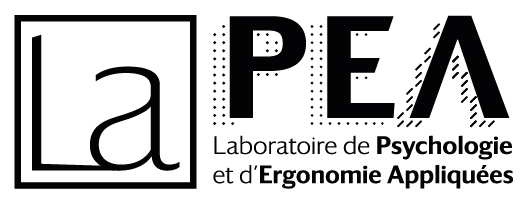Distinctive features of experiential time: Duration, speed and event density
Résumé
William James's use of "time in passing" and "stream of thoughts" may be two sides of the same coin that emerge from the brain segmenting the continuous flow of information into discrete events. Herein, we investigated how the density of events affects two temporal experiences: the felt duration and speed of time. Using a temporal bisection task, participants classified secondslong videos of naturalistic scenes as short or long (duration), or slow or fast (passage of time). Videos contained a varying number and type of events. We found that a large number of events lengthened subjective duration and accelerated the felt passage of time. Surprisingly, participants were also faster at estimating their felt passage of time compared to duration. The perception of duration scaled with duration and event density, whereas the felt passage of time scaled with the rate of change. Altogether, our results suggest that distinct mechanisms underlie these two experiential times.
Domaines
Sciences cognitives| Origine | Publication financée par une institution |
|---|---|
| licence |



